View all filters
Clear
Vse zveri z vasi
Translated from
Spanish
to
Slovenian
by Katja Petrovec
Written in Spanish by Adriana Murad Konings
8 minutes read
MONDOBOIA
Translated from
Serbian
to
Italian
by Sara Latorre
Written in Serbian by Ana Marija Grbic
10 minutes read
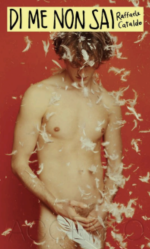
Ce nu știi despre mine
Translated from
Italian
to
Romanian
by George Doru Ivan
Written in Italian by Raffaele Cataldo
4 minutes read
Nunca lo estuve, pero ahora estoy. Susceptible a cualquier cambio del tiempo.
Translated from
Serbian
to
Spanish
by Ivana Palibrk
Written in Serbian by Marija Pavlović
10 minutes read
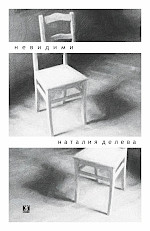
Невидими
Невидими е роман за неприемането на различните, в който деца съчиняват родителите си. Млада жена, отраснала в Дом за изоставени деца, се опитва да превъзмогне травмите от детството си. След поредица от раздели среща Дара – изоставено дете, в което разпознава себе си като малка. Привързва се към нея и решава на всяка цена да намери начин да й подари живота, който тя самата никога не е имала. Това е роман за хората в периферията на обществото. Различни сюжетни линии се преплитат, за да разкажат една обща история: на невидимостта.
Written in Bulgarian by Nataliya Deleva
10 minutes read

Maniobra
Translated from
Dutch
to
Spanish
by Irene de la Torre
Written in Dutch by Simone Atangana Bekono
8 minutes read
De hel
Written in Dutch by Aya Sabi
8 minutes read
Esmeralda, Presja, presja
Translated from
Portugese
to
Polish
by Gabriel Borowski
Written in Portugese by Luis Brito
6 minutes read
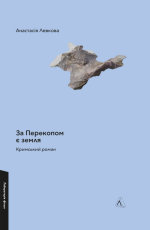
Un roman despre Crimeea
Translated from
Ukranian
to
Romanian
by Jessica Bilcec
Written in Ukranian by Anastasia Levkova
9 minutes read
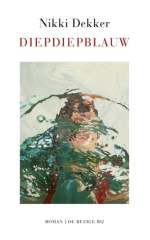
Platýs
Translated from
Dutch
to
Czech
by Blanka Konečná
Written in Dutch by Nikki Dekker
7 minutes read
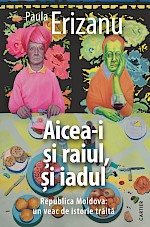
Uy, nenas (It’s Both Heaven and Hell Here. Moldova: a Century of Lived History)
Translated from
Romanian
to
Spanish
by Borja Mozo
Written in Romanian by Paula Erizanu
9 minutes read
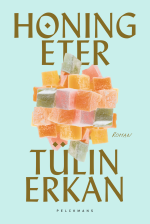
ARRIVALS / GELIȘ (Mielero)
Translated from
Dutch
to
Spanish
by Pablo Martín Sánchez
Written in Dutch by Tülin Erkan
7 minutes read
Nie byłam, ale teraz jestem. Wrażliwa na każdą zmianę pogody
Translated from
Serbian
to
Polish
by Aleksandra Wojtaszek
Written in Serbian by Marija Pavlović
7 minutes read
Synopse
Translated from
Italian
to
Czech
by Monika Štefková
Written in Italian by Arianna Giorgia Bonazzi
4 minutes read
Bestias todas del campo
Written in Spanish by Adriana Murad Konings
9 minutes read
Residence
Translated from
Italian
to
Dutch
by Lies Lavrijsen
Written in Italian by Maurizio Amendola
11 minutes read
Draden
Written in Dutch by Hannah Roels
8 minutes read
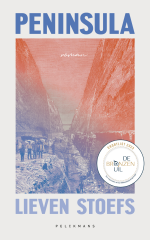
El Corredor (Península)
Translated from
Dutch
to
Spanish
by Pablo Martín Sánchez
Written in Dutch by Lieven Stoefs
8 minutes read

Płastuga
Translated from
Dutch
to
Polish
by Olga Niziołek
Written in Dutch by Nikki Dekker
7 minutes read
Residence
Translated from
Italian
to
Portugese
by Ana Cristino
Written in Italian by Maurizio Amendola
9 minutes read